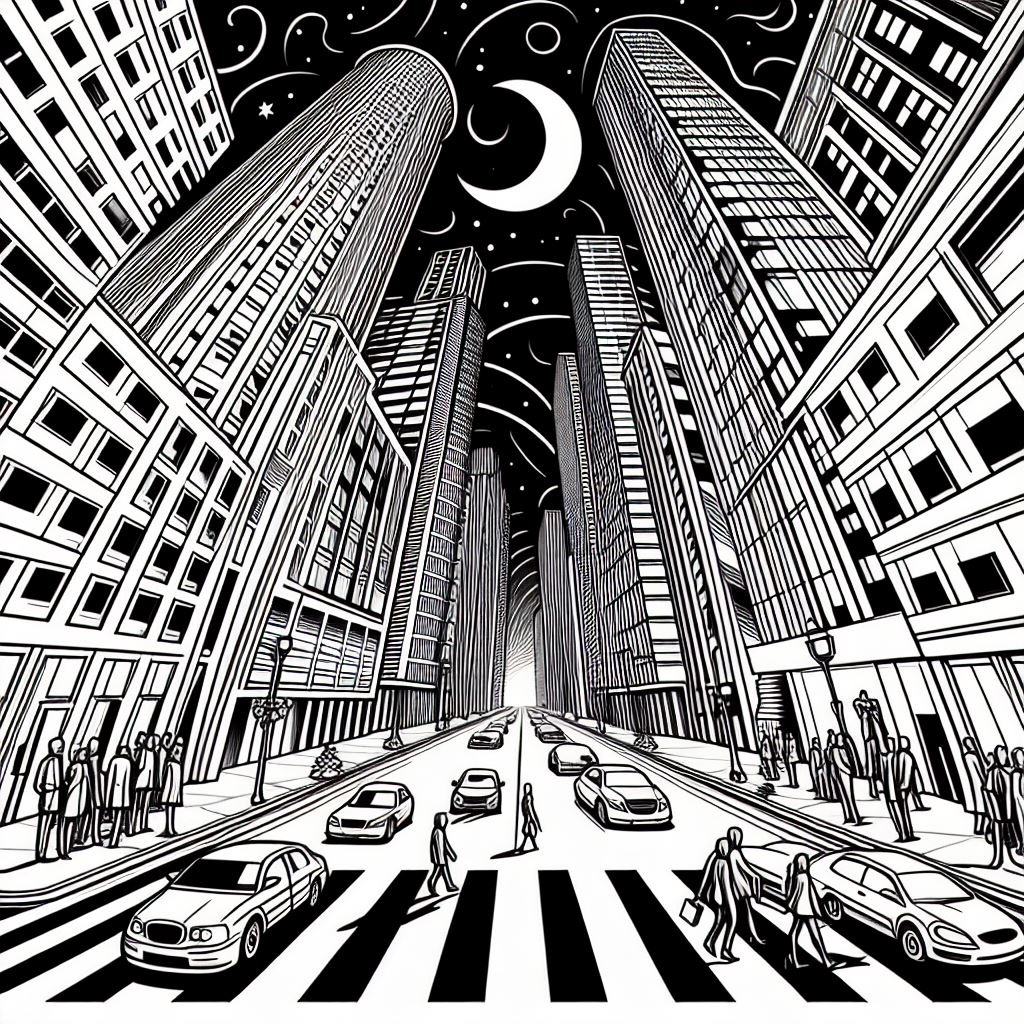
The word “country” is an equivalent of the sky. The heart, a parallel to the sky. I quite enjoy these linguistic games. In this way, the word “book” takes me on a ticketless tour of the Middle East. With the current state of books in West Bengal, there’s a touch of guilt that accompanies this journey. However, there’s no bloodshed in this game, no provocation, not even something like the Duckworth-Lewis system in cricket. Thus, it’s harmless. When I hear the word bhrami (wander) in Rabindranath’s songs, to me it suggests a sense of journey within error, so I don’t stress over its intended meaning. Similarly, kal can mean time, sometimes death; if that’s the case, then the goddess descending to Benaras from the Himalayas marks not creation but the grand death, mahamrityu, rather than any beginning of time. The word rasayana (chemistry) literally means the journey of rasa (essence). If I consider gold as a stage in this journey, I imagine Paulo would be thrilled, thinking I’m promoting his novel.
These musings revolve in my mind, turn inward, yet they don’t find shape in the cacophony of social media. The more I read, the more solitary I become, and writing becomes a private dialogue with the paper.
To put it simply, I’m genuinely concerned about people’s growing indifference toward words and vocabulary. I’m not suggesting you must enhance your knowledge of Bengali words. But if you don’t know a sufficient number of words in the language in which you think, you won’t be able to form vivid mental images. Your mind will be weak, and you’ll likely misunderstand or misinterpret propaganda or any argument. We often overlook a simple fact: to speak a language reasonably well, you don’t need more than a thousand words. But that limited vocabulary won’t empower you to think in that language. You’ll first form thoughts in your native tongue, then attempt to translate them using those thousand words. That’s how it will work.
Bengali already has a shortage of verbs, which makes crafting prose particularly challenging. This is likely one of the reasons why we haven’t had a significant number of prose writers in the last hundred years. In Bengali, there are probably no more than five hundred notable novels from the past century. Another major reason is that Bengali lacks a comprehensive, native vocabulary. Even Rabindranath was frustrated by the use of Persian words in Bengali poetry and novels, not out of a concern for linguistic purity but because it impacted people’s thinking abilities. In Bangladesh, even though Bengali is the national language, relational terms like aunt are replaced with Persian terms like khala and phupi instead of mashi or pisi. A writer’s duty is to recognize this. Not everyone who writes is a writer; only the one who writes with consciousness and responsibility deserves the title.
I have read and heard that people in West Bengal were once highly educated. I don’t see much evidence of it today—is it because Bengalis no longer have a language to call their own? This issue is even more pronounced in Bangladesh, or else we wouldn’t be limited to just eight or nine authors there either. To make a Bengali understand something in the Bengali language is tougher than Sisyphus pushing a boulder up a mountain. I, too, have the tendency to mix foreign words into my writing and call it ornamentation.


